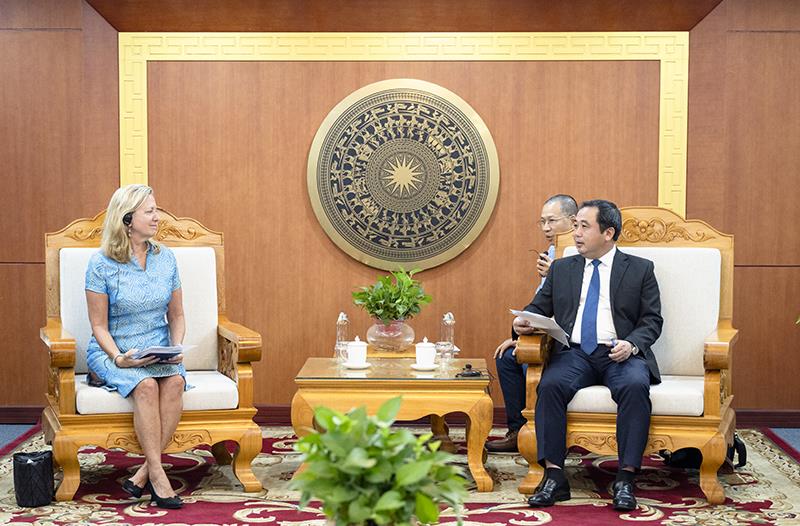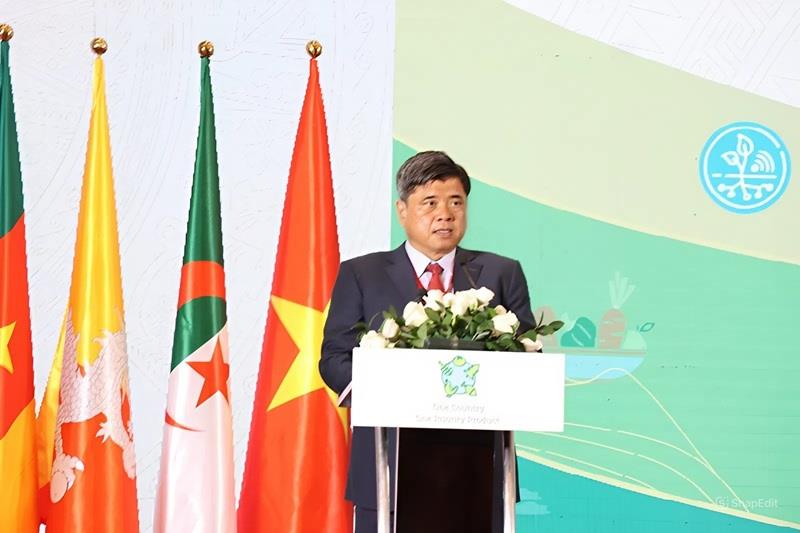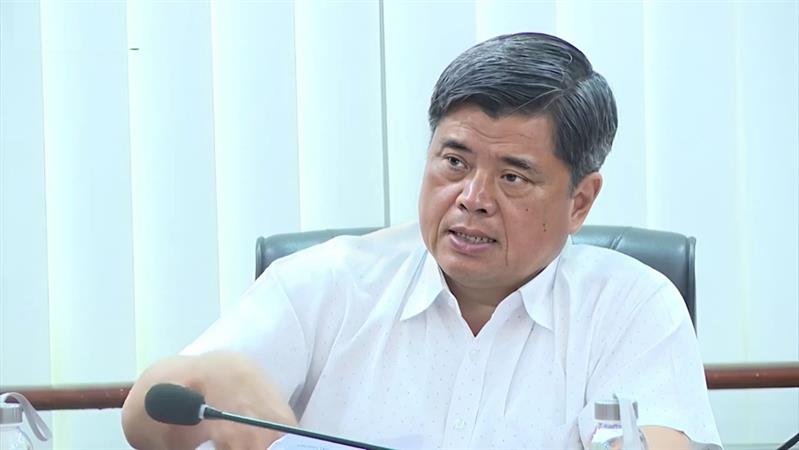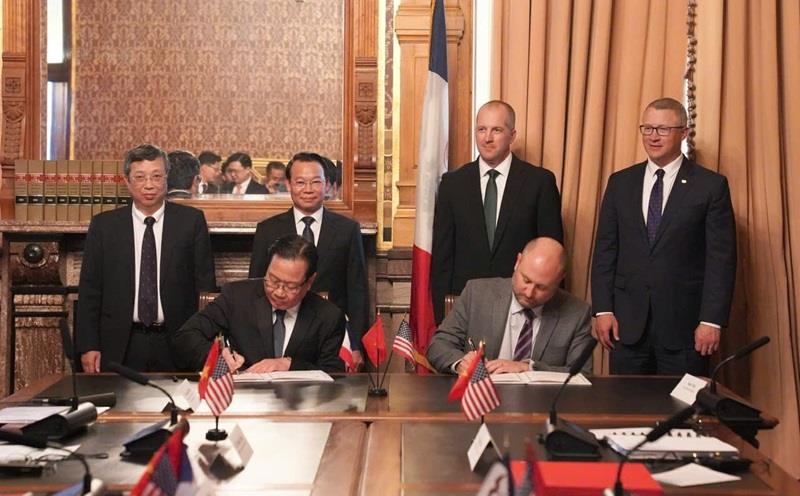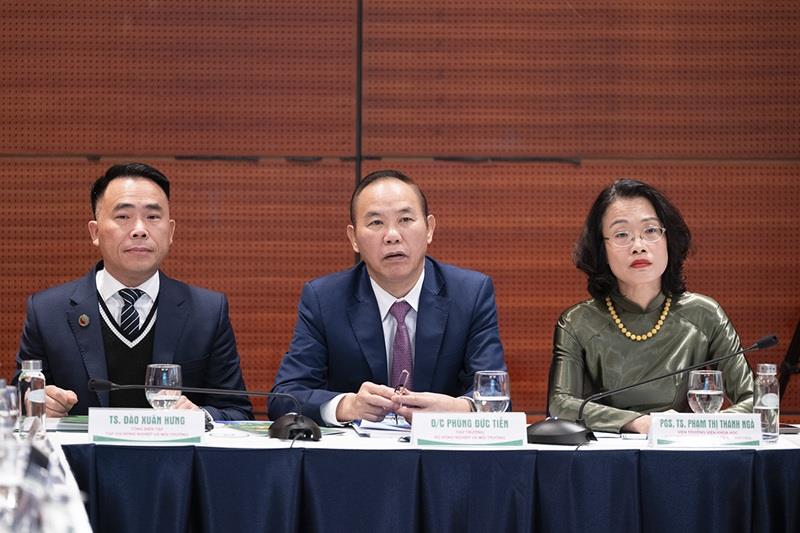
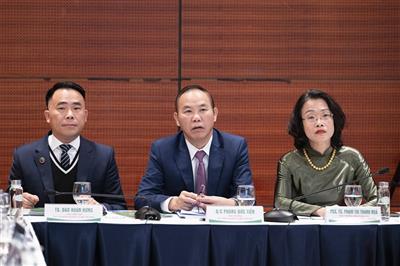
Linking policy, technology, and markets to strengthen regional cooperation for green agricultural value chains
At the workshop “Regional linkages - Promoting green value chains in Vietnamese agriculture,” Deputy Minister Phung Duc Tien emphasized that the Ministry of Agriculture and Environment will prioritize advancing regional linkage strategies and developing comprehensive cooperative models centered on farmers, businesses, scientists, and local authorities.
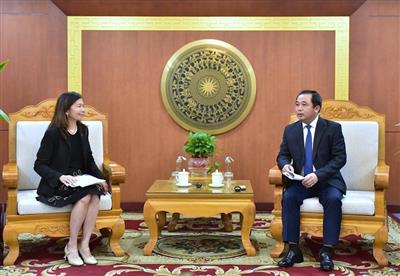
Viet Nam promotes the role of communities in economic development linked with environmental protection
Throughout Viet Nam’s development journey, communities have always been the foundation of its sustainable strength. In particular, in agriculture and the environment, the direct participation of local people has played a crucial part in maintaining livelihoods and conserving and restoring natural values.
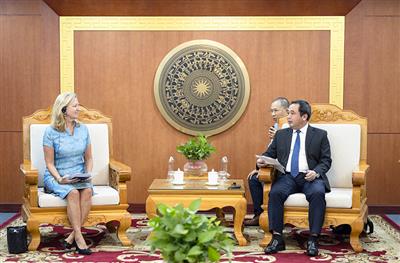
Partnering for a green future: The World Bank’s support for sustainable agriculture in Viet Nam
Agriculture has been the green thread weaving together Viet Nam’s resilience, ingenuity, and aspirations throughout its remarkable development journey. From the fertile plains of the Mekong Delta to the misty mountainous regions in the North, and from the Southern rice paddies to the coffee hills of the Central Highlands, Viet Nam’s agricultural transformation is a testament to overcoming adversity, embracing innovation, and stewarding the land for future generations. Since the landmark Doi Moi reforms of 1986, the World Bank has been a steadfast partner, providing not only financial support but also global expertise, policy guidance, and a shared vision for sustainable growth.

Vietnam’s agrifood momentum: Progress, partnerships, and a sustainable path forward
Vietnam’s agriculture has long stood at the heart of the country’s remarkable social and economic transformation. In less than four decades, the country moved from food shortages and dependency on aid to becoming a powerhouse in global agricultural markets. This transition is more than a story of increased yields or rising exports—it is about the interplay of visionary policy reforms, farmer empowerment, global integration, and the strategic use of partnerships that have collectively reshaped Vietnam’s development trajectory.
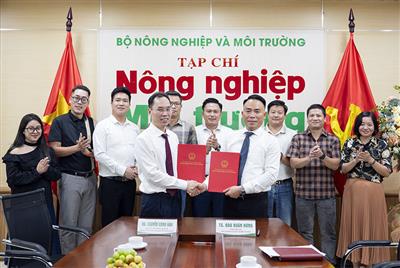
Promoting the cultural heritage of ancient “Shan Tuyet” Suoi Giang green tea
On September 23 in Hanoi, the Agriculture and Environment Magazine held a working session with Dragon Tea Suoi Giang Joint Stock Company. At the meeting, the two sides signed a media cooperation agreement to promote the cultural and brand value of ancient “Shan Tuyet” Suoi Giang green tea, regarded as the “green treasure” of Vietnam’s Northwest.
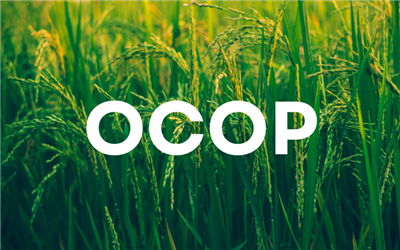
OCOP - A Vietnamese model for modern rural development: Bridging indigenous values with global markets
As countries around the world strive to restructure their economies toward green, circular, and inclusive growth, unlocking the potential of rural areas, through local resources, traditional knowledge, and community-based innovation—has emerged as a strategic pathway to ensure sustainable development, social stability, and cultural preservation. In Vietnam, the "One Commune One Product" (OCOP) Program has demonstrated remarkable effectiveness over the past seven years. Beyond promoting rural production along value chains, OCOP has fundamentally transformed grassroots thinking about socio-economic development, laying the foundation for an autonomous, modern, and globally connected rural economy.
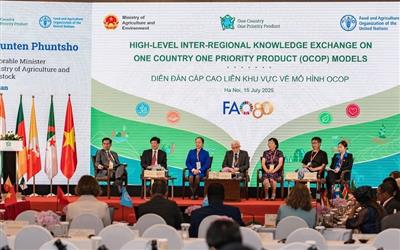
Science and innovation: Keys to advancing OCOP in the transformation of agri-food systems
As countries across Asia and the Pacific work to transform their agri-food systems, science and innovation are increasingly seen as essential drivers in advancing the OCOP model toward the “Four Betters”: Better Production, Better Nutrition, Better Environment, and Better Life. This was the overarching message at the special dialogue held under the High-Level Interregional Knowledge Exchange on OCOP models, co-organized by the Ministry of Agriculture and Environment of Vietnam and FAO, on 15 July 2025 in Hanoi.
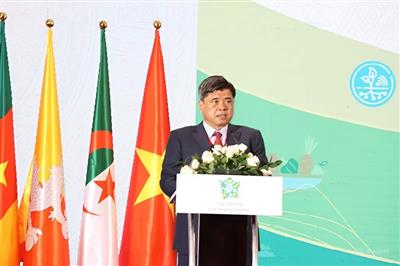
Vietnam promotes global OCOP dialogue for sustainable agrifood systems
Hosting the first "High-Level Inter-regional Knowledge Exchange on One Country One Priority Product (OCOP) Models" between African and Asian countries, Vietnam’s Ministry of Agriculture and Environment, in collaboration with the Food and Agriculture Organization of the United Nations (FAO), has initiated a global platform for dialogue on the development of special agricultural products. The two-day event (15-16/7) aims to accelerate the transformation of food systems toward greater sustainability, inclusiveness, and cultural identity. Drawing from its experience implementing the "One Commune One Product" (OCOP) program, Vietnam not only shared a successful model but also called for stronger South-South cooperation to connect policy, technology, and knowledge among developing countries.
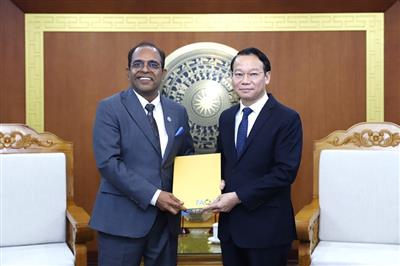
Vietnam-FAO: Toward a pverty-free and sustainable agriculture
From an aid recipient, Vietnam has transformed into a model of international cooperation, working hand-in-hand with the Food and Agriculture Organization of the United Nations (FAO) to realize a global aspiration: a future where hunger and poverty are no longer part of the agricultural landscape.
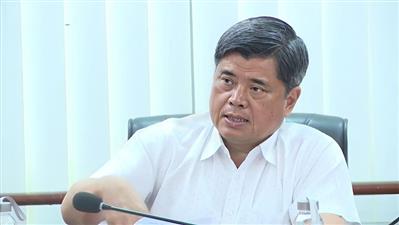
Vietnam and FAO advance global cooperation on OCOP: Sharing experiences and driving sustainable food system transformation
As the world searches for effective models of rural development that are resilient to climate change and aligned with the Sustainable Development Goals (SDGs), Vietnam’s “One Commune One Product” (OCOP) program is garnering growing international attention. From July 14 to 16, 2025, the Ministry of Agriculture and Environment of Vietnam, in collaboration with the Food and Agriculture Organization of the United Nations (FAO), will host a high-level interregional forum on OCOP in Hanoi. The event will welcome 14 African Ministers of Agriculture and leading international experts.
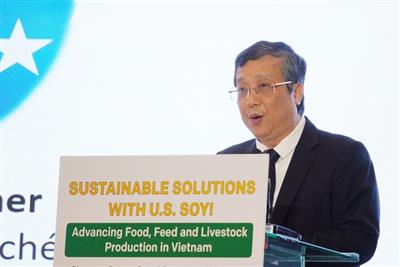
From soybeans to sustainability: Vietnam and the U.S. deepen agricultural cooperation
Speaking at the ceremony "USSEC’s 30 years in Vietnam: Sustainable solutions with U.S. soybeans," held on June 18 in Ho Chi Minh City, Deputy Minister of Agriculture and Environment Hoang Trung emphasized that the partnership between Vietnam and the U.S. Soybean Export Council (USSEC) stands as a prime example of effective public-private collaboration, uniting government agencies, businesses, and industry organizations toward common development goals.
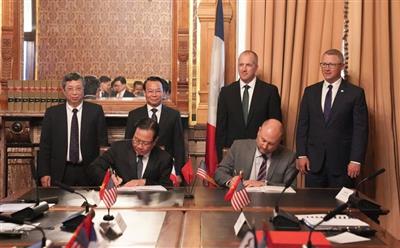
Towards a sustainable Vietnam-U.S agri-food supply chain: New strategic commitments
Minister Do Duc Duy’s mission to the United States opens a new chapter in bilateral cooperation, focused on boosting agricultural trade and building resilient, sustainable supply chains.


